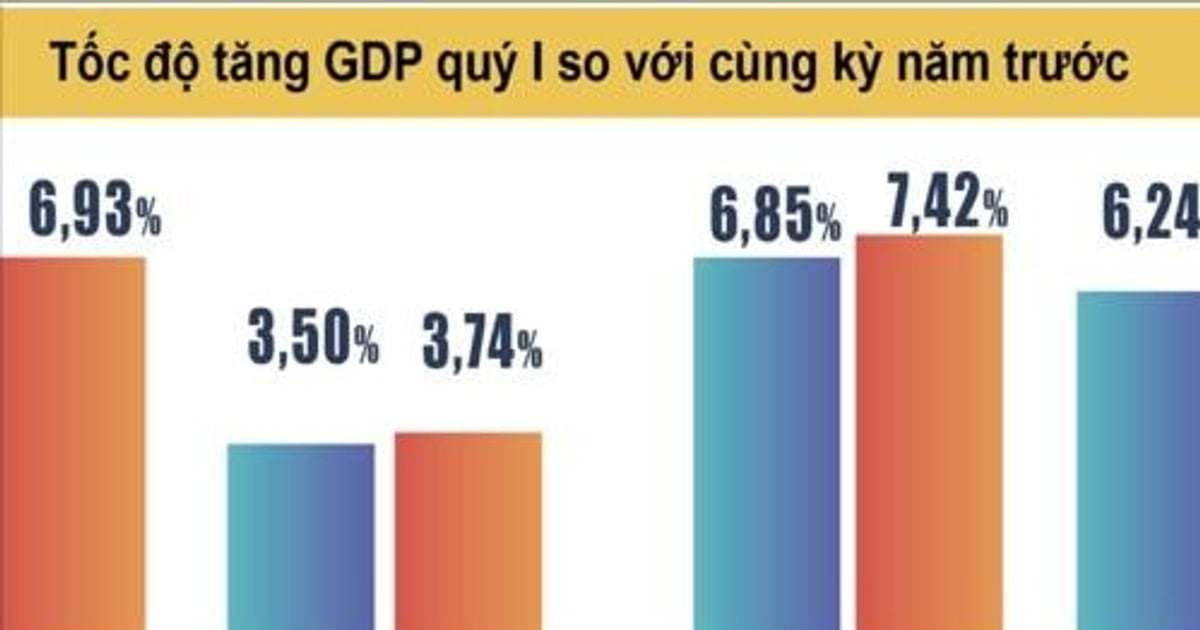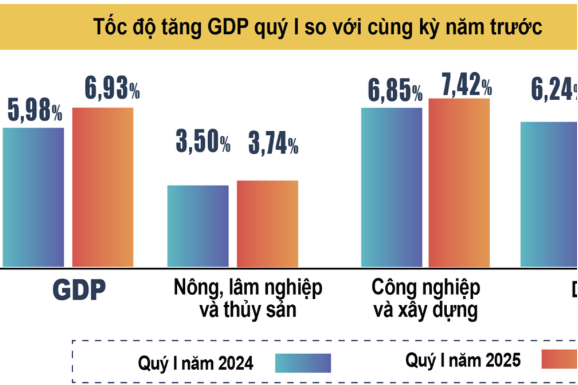New data released by the German Federal Statistical Office (Destatis) on July 30 showed that Germany's GDP contracted by 0.1% in the second quarter of 2024. Analysts surveyed by FactSet had forecast a 0.1% growth in the same period.
The slump is a blow to Europe's and the eurozone's largest economy, which has been hit by rail troubles, rising energy prices since the Russia-Ukraine conflict, farmer protests, weaker demand from Chinese customers and the rise of the far-right.
Statisticians pointed to weak investment as the reason for the German economy's contraction in the second quarter. The German performance contrasted with a modest 0.3% growth across the eurozone in the same period, according to figures released by the EU's statistics agency Eurostat on the same day.

A corner of the German Parliament building Reichstag in Berlin. Photo: Headout
"The German economy is underperforming at the moment, especially compared to the economies in neighboring European countries, where we have seen quite strong growth figures," said economist Jens-Oliver Niklasch at German bank LBBW.
“Of course, Germany's export-oriented industry is more vulnerable to external factors such as the performance of the Chinese economy, but many problems are internal,” the expert added.
Carsten Brzeski, chief economist at ING bank, said the figures released by Destatis on July 30 "confirm that Germany is the slowest growing country in the Eurozone. Looking ahead, the German economy will continue to swing between hope and despair."
“With both the US and Chinese economies losing momentum, coupled with renewed trade tensions, there is little hope for a strong export-led recovery,” said Mr. Brzeski.
According to the expert, the news that Germany's GDP fell in the second quarter of 2024 (April-June) shows how difficult it is to escape the cyclical and structural "headwinds" that are affecting Europe's leading economy.
A technical recession is defined as two consecutive quarters of GDP decline. Germany's first-quarter GDP grew 0.2%.
Although the German Council of Economic Experts forecasts growth of around 0.2% for the full year, Europe's No. 1 economy still faces a number of other headwinds, such as a shortage of skilled workers, high energy prices and an auto industry racing to adapt to the age of electric vehicles.
"The three-fold fall in the Ifo Business Climate Index and the weakness of other economic indicators point to weak growth in the second half of the year," said Commerzbank chief economist Jörg Krämer.
But, as Mr Brzeski puts it, all is not lost. "The German economy could still recover in the second half of the year, although a strong recovery is unlikely," he said.
Minh Duc (According to DW, The Guardian, ING)
Source: https://www.nguoiduatin.vn/nen-kinh-te-lon-nhat-chau-au-lai-ben-bo-vuc-suy-thoai-204240731150540938.htm




![[Photo] Overcoming all difficulties, speeding up construction progress of Hoa Binh Hydropower Plant Expansion Project](https://vstatic.vietnam.vn/vietnam/resource/IMAGE/2025/4/12/bff04b551e98484c84d74c8faa3526e0)

![[Photo] Closing of the 11th Conference of the 13th Central Committee of the Communist Party of Vietnam](https://vstatic.vietnam.vn/vietnam/resource/IMAGE/2025/4/12/114b57fe6e9b4814a5ddfacf6dfe5b7f)


























































































Comment (0)